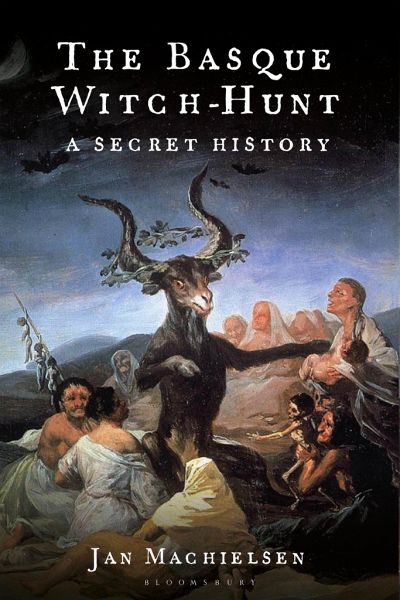
The Basque Witch-Hunt
A Secret History

PAYBACK Punkte
10 °P sammeln!
The award-winning true story behind the Basque witch-hunt of 1609, arguably Europeâ s most sensational, and yet most misunderstood, witchcraft panic.

A Secret History

Rechnungen
Bestellstatus
Retourenschein
Storno